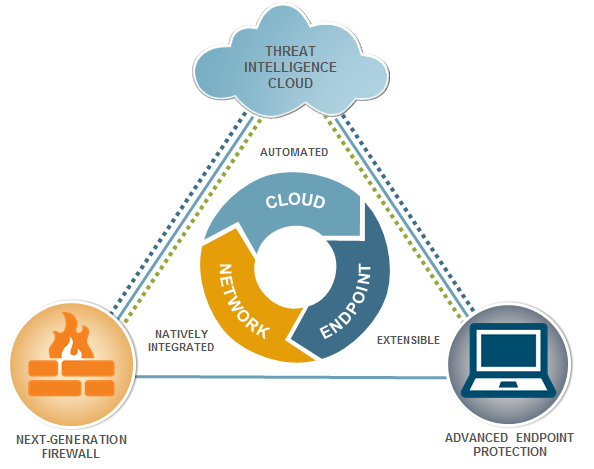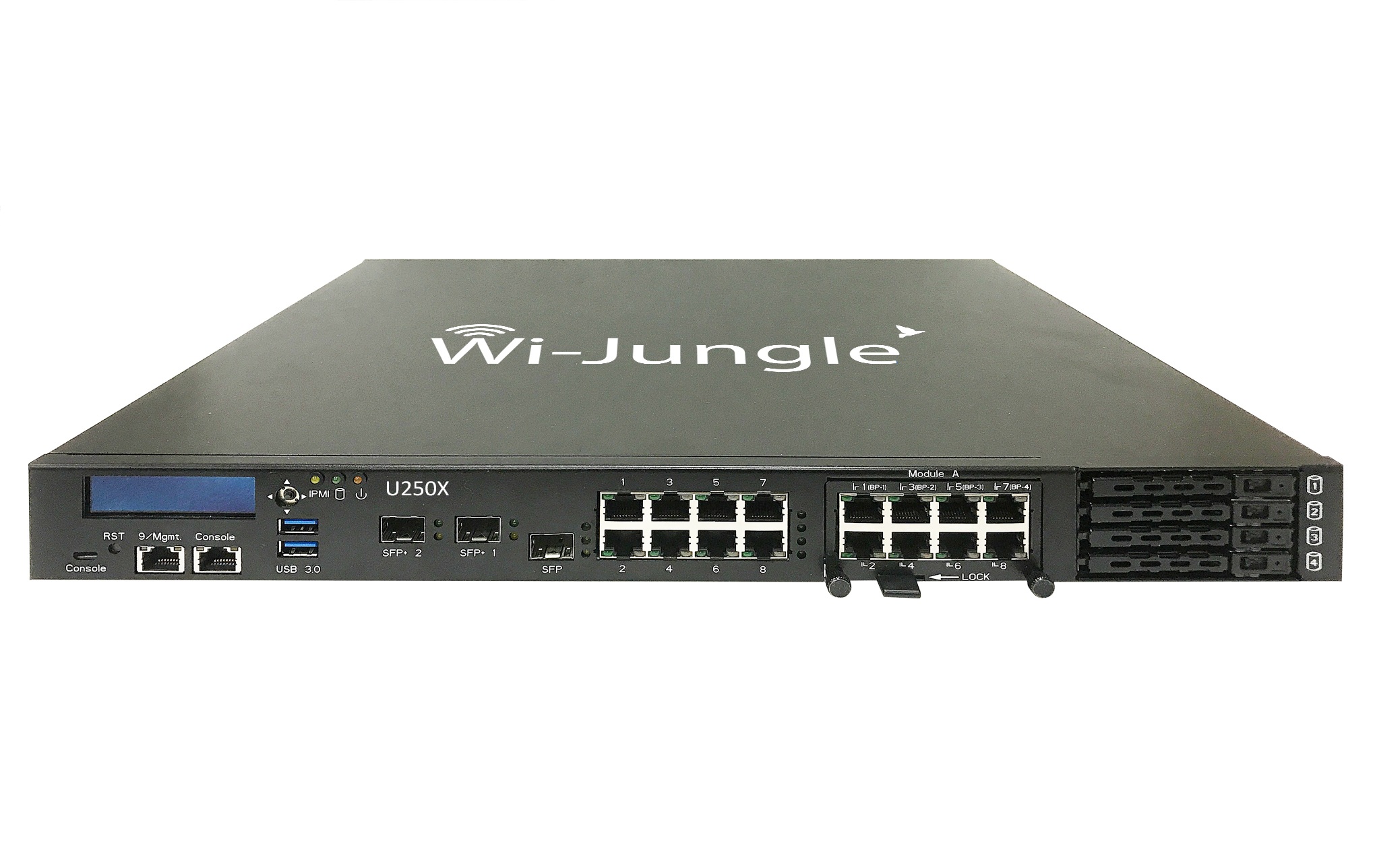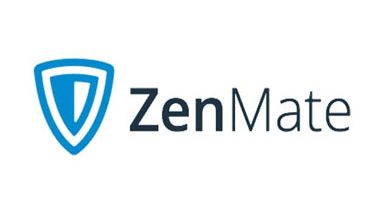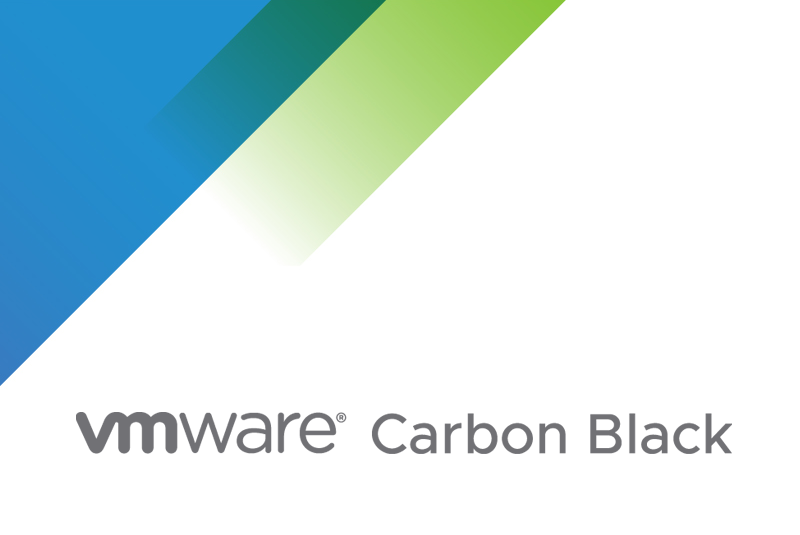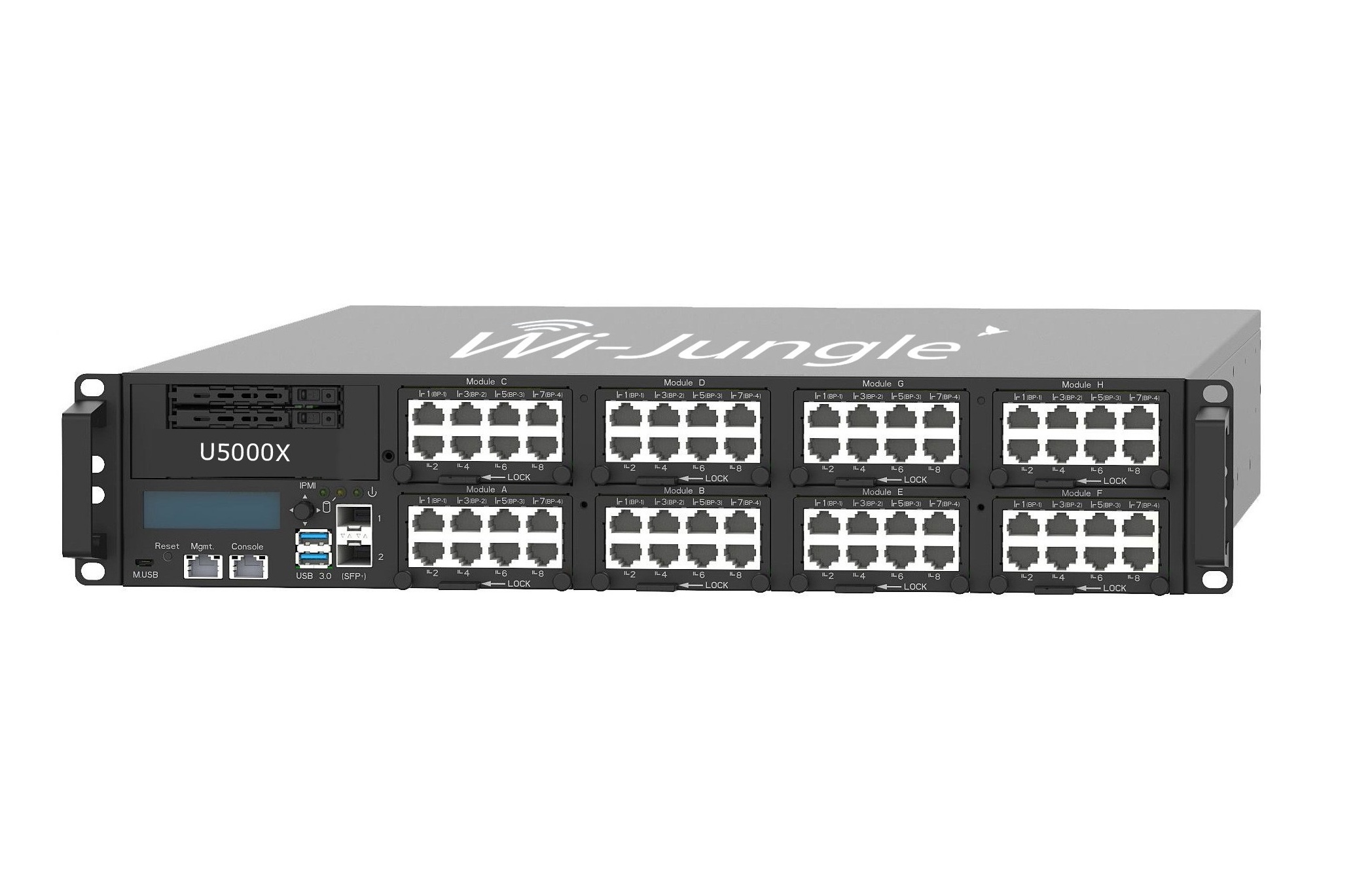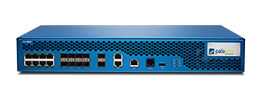
Categories
Values
Reduce Costs
Ensure Security and Business Continuity
PA-500 next-generation firewall
Palo Alto Networks® PA-500 is a next-generation firewall appliance for enterprise branch offices and midsize businesses.
About Product
Description
The PA-500next-generation firewall is designed to protect medium sized networks. Rack-mountable. Supports fault-tolerant configurations.The PA-500 enables to secure organization through advanced visibility and control of applications, users and content at throughput speeds of up to 250 Mbps. Dedicated computing resources assigned to networking, security, signature matching and management functions ensure predictable performance.
Key Security Features:
Classifies all applications, on all ports, all the time
• Identifies the application, regardless of port, encryption (SSL
or SSH), or evasive technique employed.
• Uses the application, not the port, as the basis for all
of your safe enablement policy decisions: allow, deny,
schedule, inspect and apply traffic-shaping.
• Categorizes unidentified applications for policy control,
threat forensics or App-ID™ development.
Enforces security policies for any user, at any location
• Deploys consistent policies to local and remote users
running on the Windows®, Mac® OS X®, Linux®, Android®,
or Apple® iOS platforms.
• Enables agentless integration with Microsoft® Active
Directory® and Terminal Services, LDAP, Novell®
eDirectory™ and Citrix®.
• Easily integrates your firewall policies with 802.1X wireless,
proxies, NAC solutions, and any other source of user
identity information.
Prevents known and unknown threats
• Blocks a range of known threats, including exploits,
malware and spyware, across all ports, regardless of
common threat-evasion tactics employed.
• Limits the unauthorized transfer of files and sensitive data,
and safely enables non-work-related web surfing.
• Identifies unknown malware, analyzes it based on
hundreds of malicious behaviors, and then automatically
creates and delivers protection.
The controlling element of the PA-500 is PAN-OS®,
a security-specific operating system that natively
classifies all traffic, inclusive of applications, threats
and content, and then ties that traffic to the user, regardless
of location or device type. The application, content,
and user – in other words, the business elements that
run your business –mare then used as the basis of
your security policies, resulting in an improved security
posture and a reduction in incident response time.
Scheme of work
